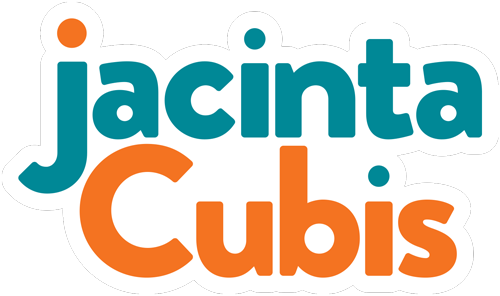In or out? Virtual meetings and workshops
Inclusivity was the number one thing people told me that they enjoy the most about our online working reality.
This came as a bit of a surprise to me. I have had lots of conversations about who is being excluded and sidelined by digital discrimination.
But first, back to the joy that people have found in the inclusiveness of our virtual working world.
I asked clients, colleagues, friends and family two questions about virtual/online meetings and workshops:
👎 What’s your biggest beef?
👍🏽 What’s the thing you enjoy, like, appreciate most?
The responses were more than I could handle on my own. Don Sharples kindly stepped in to help make sense of them. His analysis unearthed a few surprises. The first one was exploring new technology. Inclusivity was the next.
People were delighted that a greater number and broader range of people can now participate.
“I like the capacity to link in with wider community of people than usual.”
“The size of the room is no longer an objection to allowing more to participate.”
“People can now invite anyone, and everyone, to attend. It’s very exciting!”
Others like that geographic distance is not a barrier to participating online.
“Being able to participate form diverse locations.”
“Can participate from wherever you are.”
Beaming straight into each other’s homes was seen as a plus.
“It’s easier to work with people in different countries in a more natural way.”
People appreciate that online spaces remove the challenges that in-person sessions pose for many.
“Those who aren’t mobile can still attend.”
“For medical appointments….it’s perfect, especially for those who usually have to undertake significant travel to attend regular specialist appointments where a physical examination isn’t required.”
Others believe that the online environment has shifted power dynamics and is more democratic.
“I like that online gives people more opportunity to share their voice. Some people who have formerly remained quiet and in the background are now sitting on the same stage as the loud one.”
“The playing field is level - everyone is on the video conference rather than a bunch of people being in a room and only one person being on the video conference.”
I’ve had the same experience. I’ve mentored facilitators in Canada and Melbourne. A woman from the Ukraine came to my facilitography walkshop. And I’ve delivered talks to participants from the UK, South Africa, New Zealand, Canada and Australia at the same time.
As positive as these responses have been, it's clear that not everyone feels included when working online.
I’m thinking of the 84-year-old who was disappointed to have to give up decades of doing the minutes for her local golf club. She could not work out how to do it by Skype.
I’m thinking of people who rely on public wi-fi for their phones when their data package runs out. The wi-fi that’s currently locked away in closed public libraries.
I’m thinking of the civically engaged older people in our communities who cannot bookmark a site, follow instructions to a Zoom meeting or know what button to push to participate in a What’s App video call.
As a senior community engagement practitioner said in the midst of our massive switch to online, “We’re running and some people can’t even walk yet.”
Who is being left behind? Many feel inspired by the opportunities available online. Others feel a complete loss of control with pandemic. This is amplified when you can’t work the latest video meeting platform.
From a community engagement perspective, there’s little value in asking for people’s opinions and views when they don’t know what buttons to push to read the question, open the poll, let alone vote and type.
We don’t know what sort of world may emerge as the rules of varying degrees of lock down around the globe are loosened. But checking our assumptions about people’s comfort and knowledge with online platforms will be key to adapting to it.
I’m putting together a list in e-book of illustrations titled, Virtual Beefs: and how to fix them.
Please – help me keep to deadline! Comment YES & you’ll get a copy as soon as it’s out.
If you’ve got a long list of ‘beefs’ with virtual and online meetings and workshops, here are three ways I can help you to make them engaging and productive:
Coach Chairs – one-off, on-call or over a series of sessions.
Attend a session to observe what could work better and suggest how to do this after the session, with practical tips and strategies.
Facilitate all or part of a session for you.
Comment below and we can have a chat.
See what people say about my #Facilitography Walkshops. Watch here.


